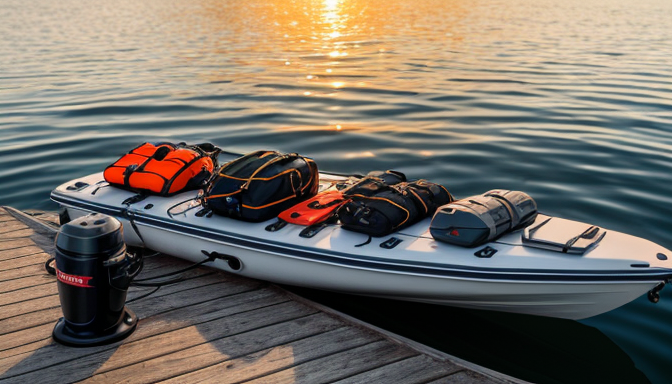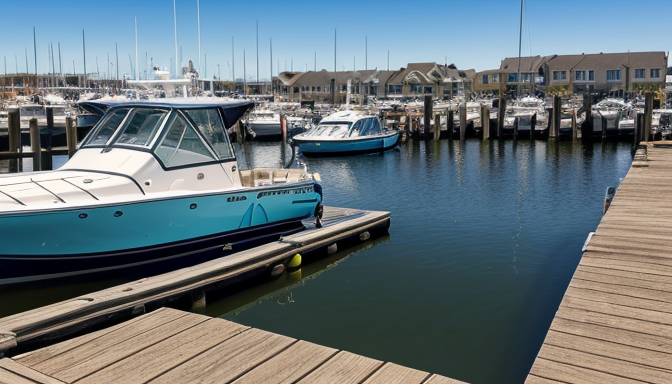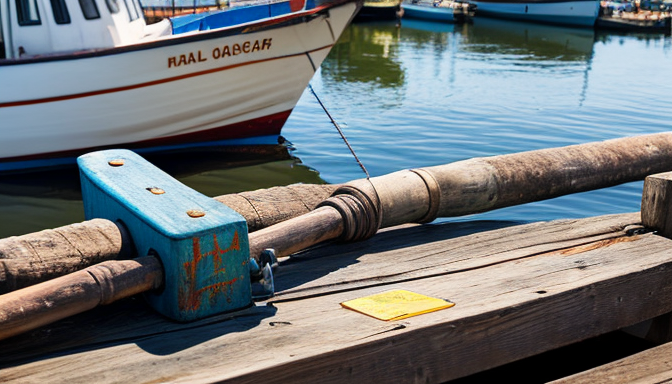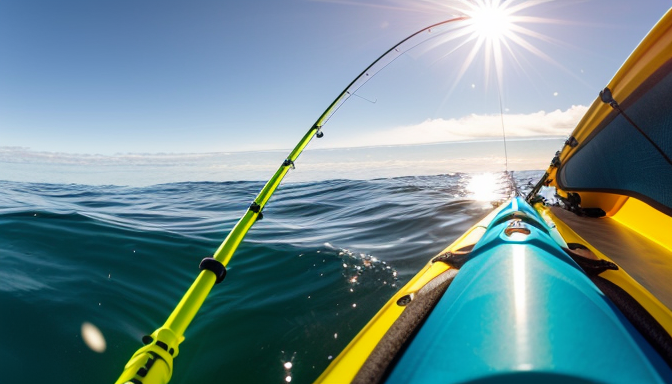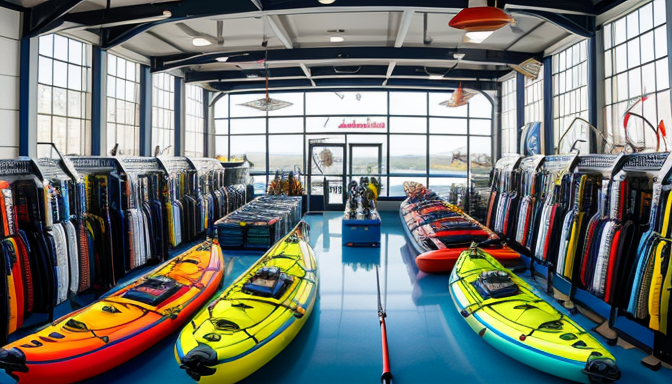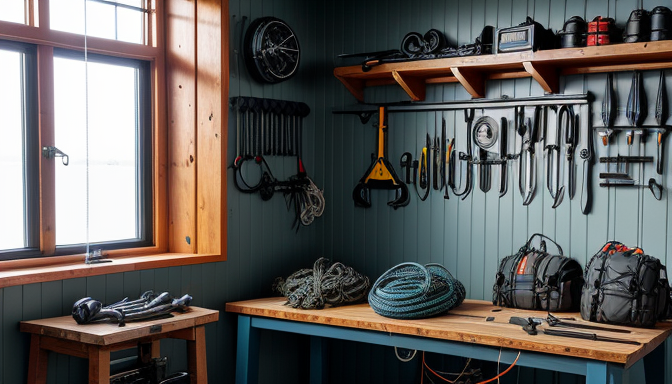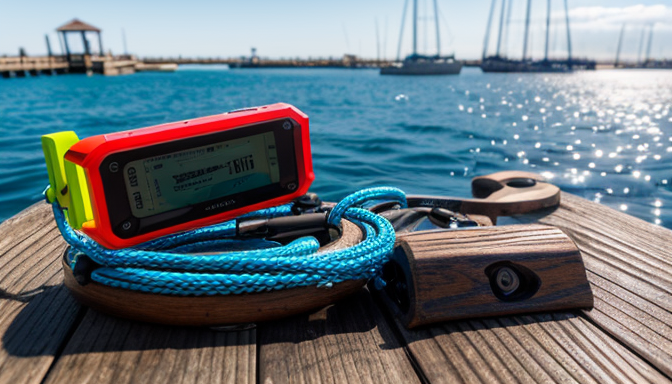Marine Gear Reviews: What the Experts Aren’t Telling You
When it comes to marine gear reviews, there’s a lot more beneath the surface than what you might think. Sure, expert opinions are valuable, but they often gloss over the nitty-gritty details that can make or break your boating experience. Have you ever wondered why some reviews rave about a product while others are lukewarm? It’s because they might not be diving deep enough into the real-world performance of the gear.
Understanding the specifications of marine equipment is crucial. For instance, a shiny new fish finder may look impressive on paper, boasting features like GPS and sonar, but how does it hold up in the unpredictable ocean waves? The durability and performance of gear can vary significantly based on the materials used and the conditions it’s designed for. This is where real user experiences come into play, offering insights that experts simply can’t provide.
Real users often share their stories about how a piece of equipment performed during a storm or how it fared after a season of saltwater exposure. These testimonials can reveal the practical advantages and disadvantages that are often overlooked. So, the next time you read a marine gear review, ask yourself: are you getting the full picture? Dive deeper, seek out those real-life stories, and you might just uncover the hidden gems of the marine world.
Understanding Product Specifications
When it comes to purchasing marine gear, is crucial. Think of it as reading the fine print before signing a contract; ignoring it could lead to a boating experience that’s less than ideal. Specifications tell you everything from material durability to weight capacity, which can significantly impact performance and longevity. For instance, a lightweight material might be easier to handle, but does it withstand harsh marine environments? This is where honest reviews come in handy.
Many consumers often overlook this aspect, but diving deep into the specs can save you from costly mistakes. Consider the following elements:
- Material Quality: Is it corrosion-resistant? Will it hold up against UV rays?
- Weight Capacity: Can it handle the load you plan to put on it?
- Compatibility: Does it fit with your existing gear?
Moreover, expert reviews often gloss over these details, leading you to believe that a product is perfect when it might not be. It’s essential to cross-reference specifications with real user experiences to get a complete picture. For example, a marine electronic device might have stellar specs on paper, but if users report frequent malfunctions, it’s a red flag. In the end, knowing how to interpret these specifications can mean the difference between a smooth sailing adventure and a frustrating day on the water.
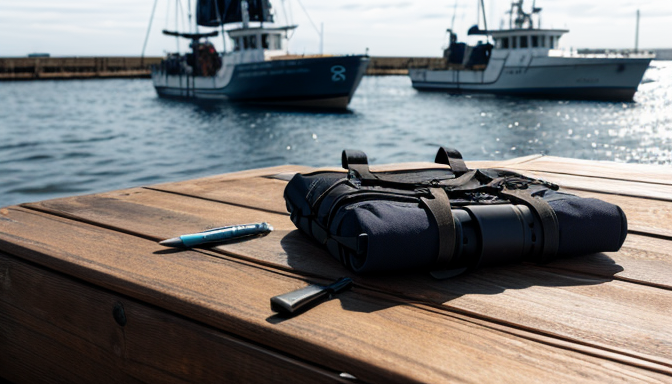
Real User Experiences
When it comes to marine gear, nothing beats the insight of real users. Sure, expert reviews can provide technical specifications and performance metrics, but they often miss the nuances that only come from actual hands-on experience. Imagine you’re about to set sail on a beautiful day, and you realize your navigation system isn’t functioning as expected. This is where user reviews shine, revealing the practical advantages and disadvantages of various marine electronics and gear that you simply won’t find in a glossy brochure.
For instance, many users rave about the durability of certain brands of marine electronics. One user shared how their GPS unit withstood harsh weather conditions, proving its worth during a sudden storm. On the flip side, another user reported issues with a popular brand’s depth sounder that failed to operate accurately after just a few months. These real-life stories help paint a clearer picture of what to expect.
Moreover, testimonials often highlight features that matter most to boaters. Here are a few key points that users frequently mention:
- Ease of Use: Many users appreciate gear that is intuitive and user-friendly, especially when time is of the essence.
- Customer Support: Feedback often emphasizes the importance of responsive customer service, which can be a lifesaver when equipment malfunctions.
- Value for Money: Users often weigh the cost against performance, sharing whether they felt their purchase was worth every penny.
In conclusion, tapping into real user experiences provides invaluable insights that can guide your purchasing decisions. After all, when you’re out on the open water, the last thing you want is to be left in the lurch with unreliable gear!
Frequently Asked Questions
- What should I look for in marine gear specifications?
When diving into marine gear, pay close attention to details like material durability, weight capacity, and weather resistance. These specs can make or break your boating experience. Think of it like choosing a sturdy umbrella; you want something that won’t flip inside out at the first gust of wind!
- How can real user experiences help me choose the right gear?
Real user experiences provide insights that expert reviews often miss. They reveal how gear performs in real-life situations, showcasing both the highs and lows. It’s like getting the inside scoop from a friend who’s already tried that new restaurant—you’ll know what to expect!
- Are expert reviews reliable for marine gear?
Expert reviews can be helpful, but they sometimes overlook practical aspects that everyday users notice. Don’t just rely on them; combine their insights with user feedback to get a well-rounded view. Think of it as balancing a scale—both sides are important for the best decision!
